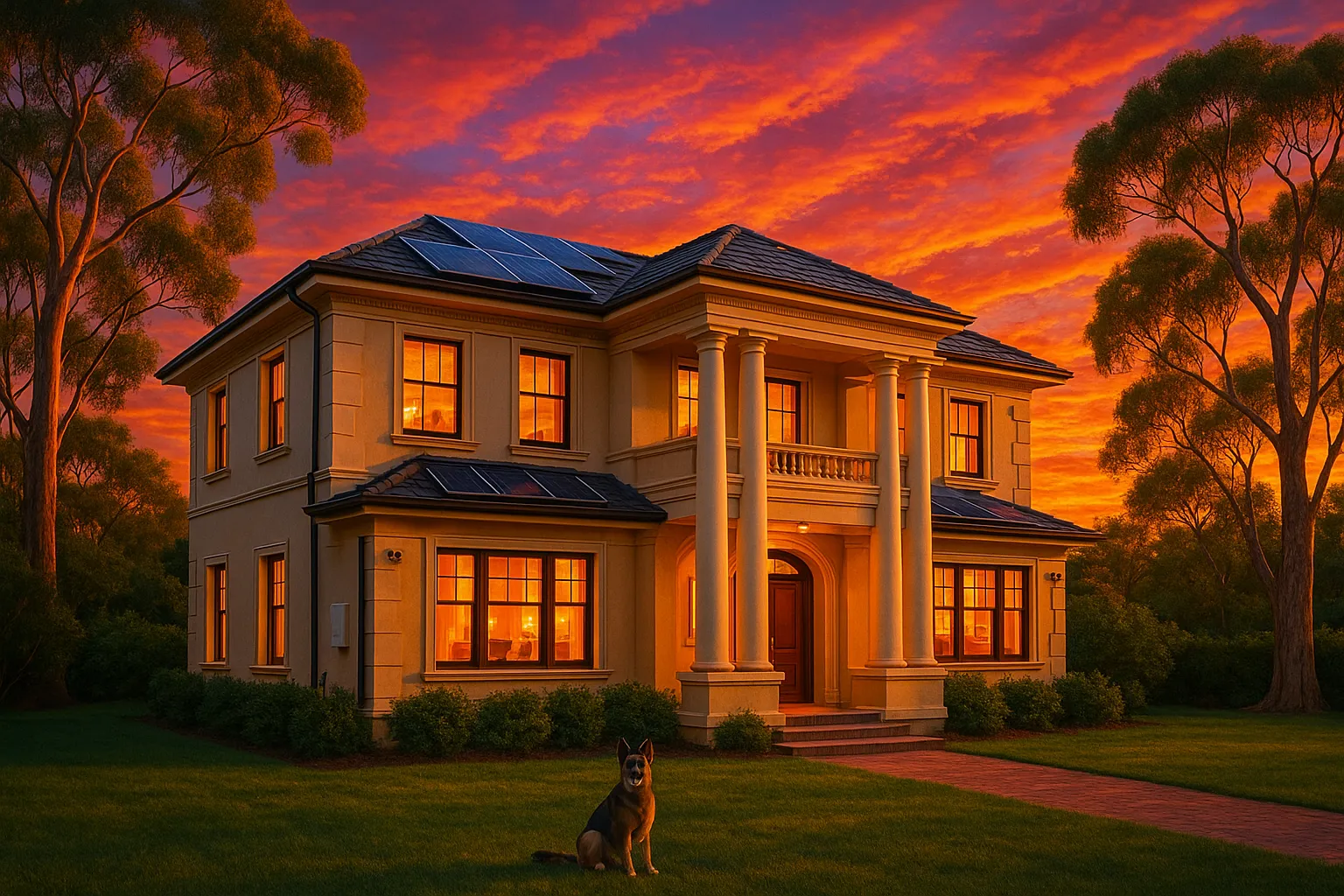AI, Disruption, and the Power of Readiness
A new revolution is upon us.
Not the kind with banners or bloodshed — but one written in code.
Artificial Intelligence is no longer a sci-fi fantasy or Silicon Valley pet project.
It’s here. It’s growing. And it’s changing everything.
For some, it’s exhilarating.
For others, it’s terrifying.
And for most, it’s deeply unsettling — because it feels like something beyond their control.
But here’s the truth:
The future is not something you watch unfold. It’s something you prepare for.
And in a world of exponential change, preparedness is not paranoia.
It’s wisdom.
I. AI Is Not the Enemy — But Disruption Is Real
This isn’t about fearing the machines.
AI itself is neither saviour nor destroyer. It’s a tool — and like all tools, it depends on the hands that wield it.
But let’s not pretend the transition will be smooth.
- Millions of jobs are vulnerable.
- Industries are shifting beneath our feet.
- Truth, trust, and information are harder to verify by the day.
Add in the economic strain, social unrest, and political instability already simmering in Australia and abroad… and you have a recipe for disruption.
Not apocalypse.
But the kind of chaos that hits you not all at once — but in small, compounding ways:
- Your job becomes redundant.
- Your supply chain falters.
- Your local systems — energy, food, water — become fragile.
- Misinformation spikes. Trust erodes. Tempers fray.
These are not hypothetical risks.
They are already happening — just unevenly.
II. The Collapse Doesn’t Have to Be Global to Hurt
Most people prepare for the big disasters.
Few consider the small, personal ones:
- A job loss.
- A family emergency.
- A supply shortage.
- A blackout.
- A cyberattack that wipes their bank account.
And in a hyperconnected world, one small fracture can cascade.
The more fragile your systems, the faster it spreads.
That’s why resilience starts not with doomscrolling — but with design.
Preparedness is not panic. It is the opposite.
It is calm, intelligent structure — built before the rain.
III. Preparedness Is a Form of Sovereignty
You cannot stop the waves.
But you can build a stronger boat.
When you take the time to shore up your home, your systems, your skills — you are not giving in to fear.
You are stepping into freedom.
- Store water — and you’re not at the mercy of the mains.
- Grow food — and you buffer against the shelf going bare.
- Generate your own power — and the grid becomes optional, not essential.
- Learn practical skills — and you become a contributor, not a dependent.
These are not fringe ideas.
They are the ancient instincts of responsible stewardship — now reborn in a modern context.
IV. You Can’t Help Others If You’re in the Same Boat
Resilience isn’t just for you.
When you prepare, you become a pillar in your community.
Not a burden — but a buffer.
Not a hoarder — but a helper.
Liberty is not isolation. It is shared strength.
A network of capable individuals is the foundation of a free society.
The more prepared you are, the more others can lean on you in crisis — not the other way around.
V. This Isn’t About AI. It’s About Agency.
Yes, the world is changing fast.
Yes, the systems we rely on are strained.
But this isn’t a call to fear the future.
It’s a call to meet it with readiness.
With skill. With calm. With integrity.
The machines may be learning quickly.
But so can we.
We can choose to remain passive consumers — or become active stewards.
We can choose dependence — or design for liberty.
We can wait for help — or become the help.
Final Thought: The Future Favors the Prepared
Whether the storm comes from fire or flood, grid or glitch, algorithms or upheaval — the result is the same:
You will either be ready, or you won’t.
So build your systems.
Learn your skills.
Tend your garden. Store your water. Talk to your neighbours.
Because preparedness is not just practical.
It is philosophical.
It says:
“I will take responsibility.”
“I will be strong, so others don’t have to carry me.”
“I will meet tomorrow with open eyes and ready hands.”
That is not fear.
That is freedom.
We’ve Already Seen the Storm
This isn’t speculation. We’ve lived it.
Not long ago, the world paused — not because of war or weather, but because a virus swept through our systems and exposed just how fragile they really are.
- Shelves emptied overnight.
- Borders closed.
- Entire industries halted.
- Communities fractured under pressure.
- Governments scrambled — and often fell short.
- Misinformation spread faster than the illness.
In Australia, we saw once-trusted supply chains break.
We saw people locked out of states, out of work, and sometimes even out of hope.
We saw how quickly things fall apart when systems fail — and when too many people are caught unprepared.
We also saw something else:
Those who had food in the garden, water in the tank, a plan, and a community fared better — not just physically, but emotionally.
Because preparedness doesn’t just shield you from hardship.
It gives you calm when the world is shaken.
So ask yourself, now — before the next wave, the next outage, the next global tremor:
Are you prepared?
Not for the end of the world, but for the kind of disruption we now know is real?
If not — start small, but start today.
Because the next storm may not announce itself.
But when it comes, you’ll be ready.
Not because you predicted the future —
But because you designed for it.
That’s not survivalism.
That’s sovereignty.
